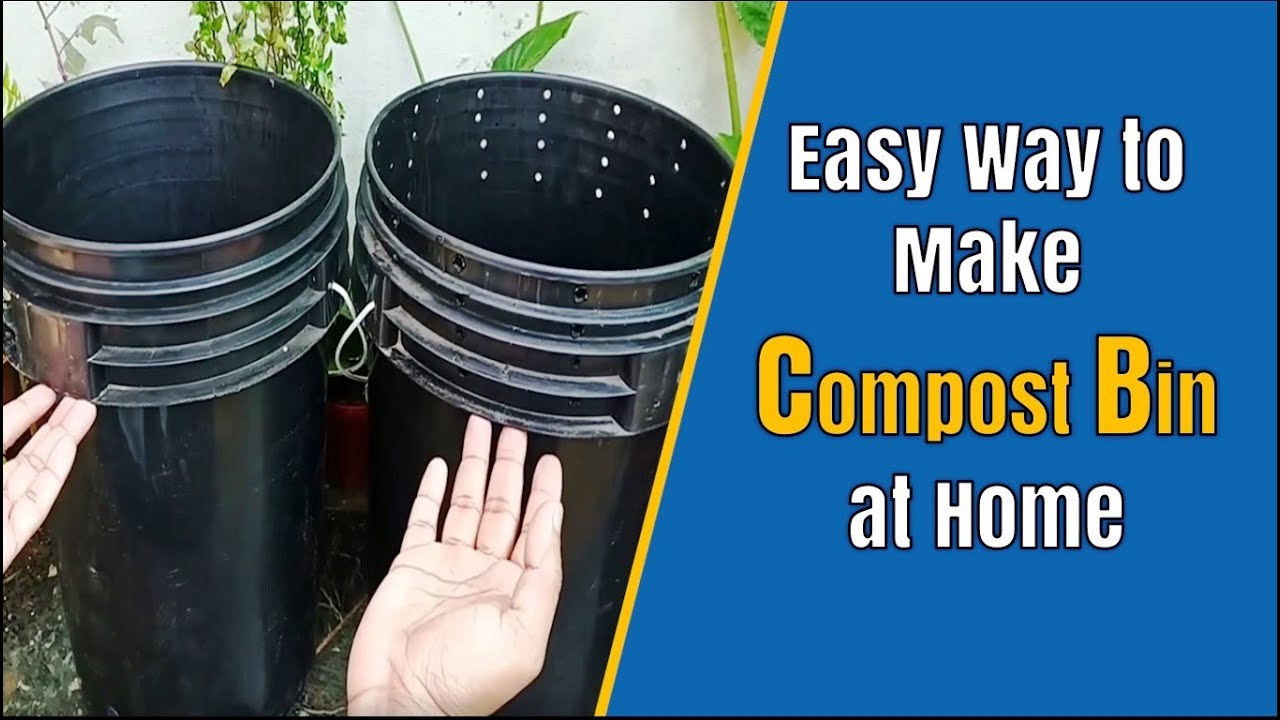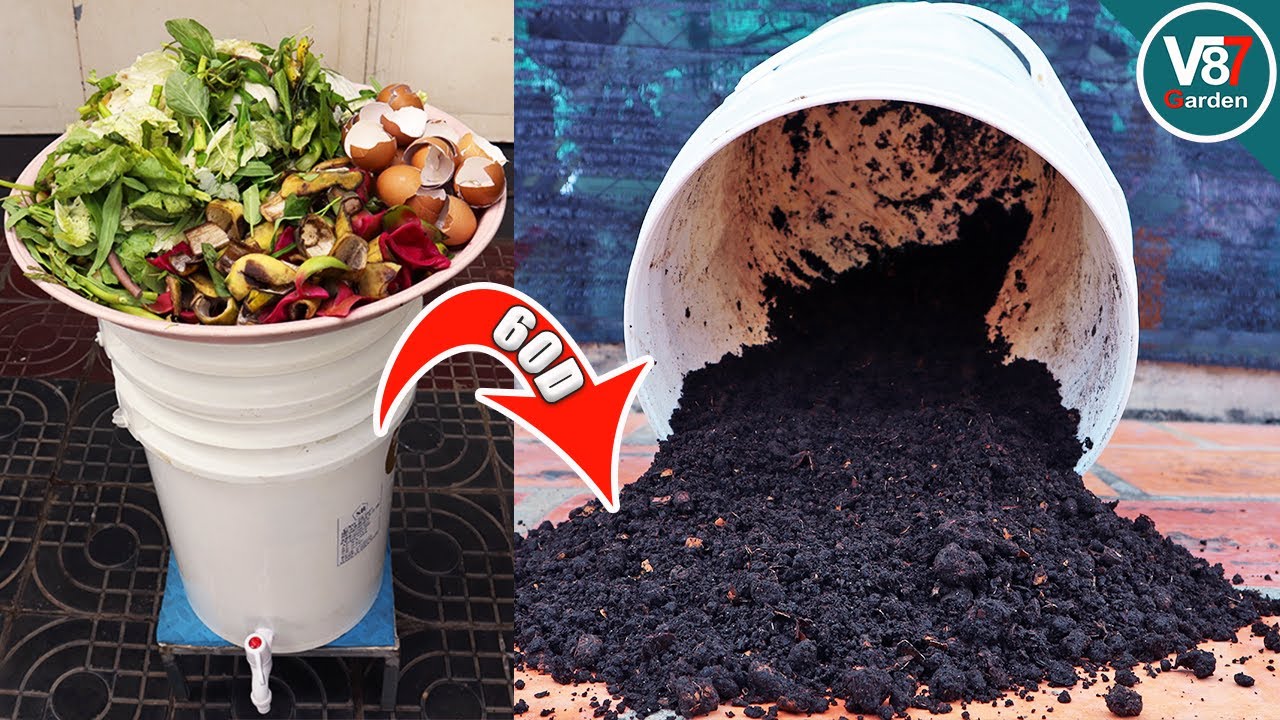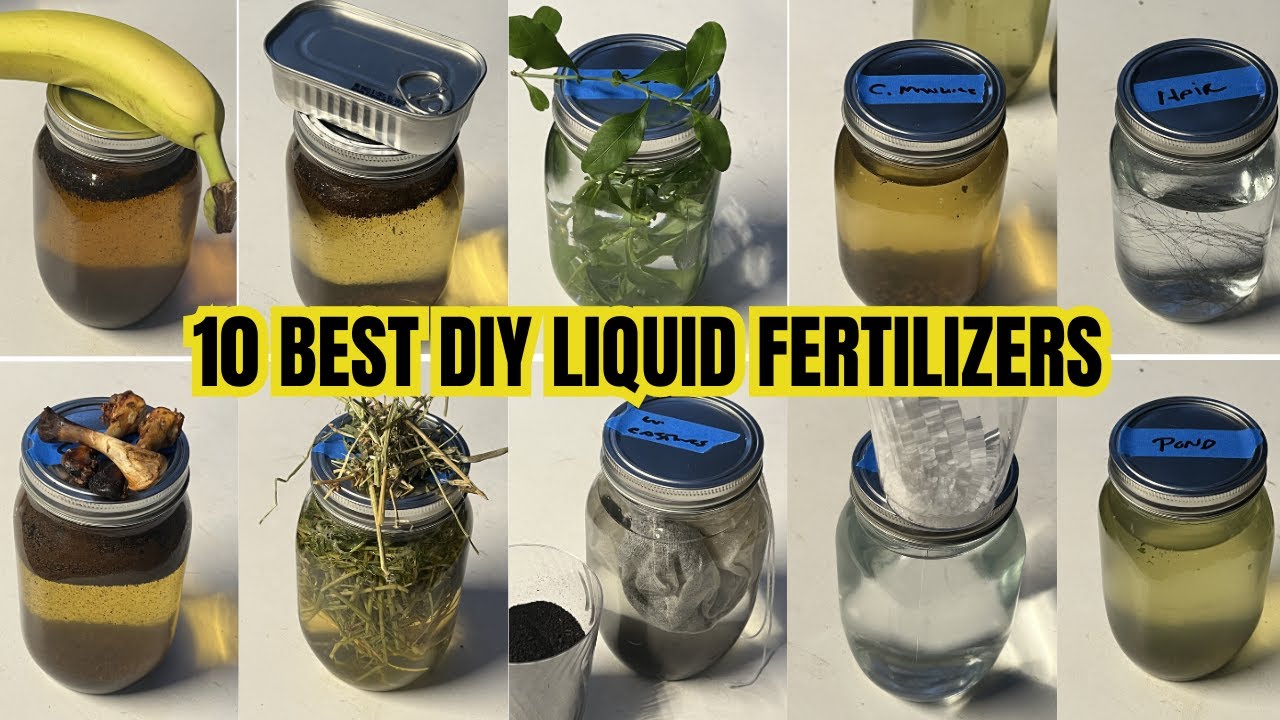Best Natural Ways to Increase Soil Fertility
Soil fertility is essential for growing healthy plants and crops. While there are many synthetic fertilizers available on the market, using natural methods to increase soil fertility is not only eco-friendly but also more sustainable in the long run. Here are some of the best natural ways to boost soil fertility in your garden or farm:
1. Composting
Composting is one of the most effective ways to improve soil fertility naturally. By recycling kitchen scraps, yard waste, and other organic materials, you can create rich compost that is full of nutrients for your plants. Compost adds beneficial microbes to the soil, improves soil structure, and helps retain moisture.
2. Cover Cropping
Cover cropping involves planting crops that cover the soil, such as legumes or grasses. These cover crops help to prevent erosion, suppress weeds, and add organic matter to the soil when they are turned under. They also fix nitrogen in the soil, making it more available to other plants.
3. Mulching
Mulching is another natural way to improve soil fertility. By spreading organic materials like straw, leaves, or grass clippings on the soil surface, you can help conserve moisture, suppress weeds, and add nutrients as the mulch breaks down. Mulching also provides habitat for beneficial soil organisms.
4. Crop Rotation
Rotating crops is important for maintaining soil fertility and preventing the buildup of pests and diseases. By alternating different crops each season, you can help replenish soil nutrients, break pest cycles, and improve overall soil health. Crop rotation also helps to improve soil structure and reduce compaction.
5. Vermicomposting
Vermicomposting, or composting with worms, is a great way to improve soil fertility in a small space. Worms break down organic matter into nutrient-rich castings that can be added to the soil to provide a steady source of nutrients for plants. Vermicomposting also helps to aerate the soil and increase microbial activity.
6. Green Manure
Green manure involves growing specific crops and then incorporating them into the soil while they are still green. Legumes like clover and vetch are commonly used as green manure crops because they fix nitrogen in the soil. Green manure helps to improve soil fertility, suppress weeds, and prevent erosion.
7. Biochar
Biochar is a type of charcoal that is produced by heating organic materials in a low-oxygen environment. Adding biochar to the soil helps to improve soil structure, increase water retention, and create a habitat for beneficial microbes. Biochar also helps to sequester carbon in the soil, reducing greenhouse gas emissions.
8. Rock Dust
Rock dust, also known as rock minerals or rock flour, is finely ground rock that is rich in minerals like calcium, magnesium, and potassium. Adding rock dust to the soil helps to remineralize it, improving soil fertility and promoting healthy plant growth. Rock dust also helps to balance soil pH and improve nutrient uptake.
9. Sea Minerals
Sea minerals are derived from seawater and are rich in trace minerals like iodine, zinc, and selenium. Adding sea minerals to the soil can help to improve soil fertility, promote healthy plant growth, and increase nutrient density in crops. Sea minerals also help to stimulate microbial activity in the soil.
10. Crop Residues
Leaving crop residues on the soil surface after harvest is a natural way to improve soil fertility. Crop residues break down over time, adding organic matter and nutrients to the soil. This practice also helps to protect the soil from erosion, retain moisture, and improve soil structure.
By incorporating these natural methods into your gardening or farming practices, you can increase soil fertility in a sustainable and eco-friendly way. Not only will your plants thrive, but you will also be contributing to the health of the planet by using organic and natural soil amendments.



